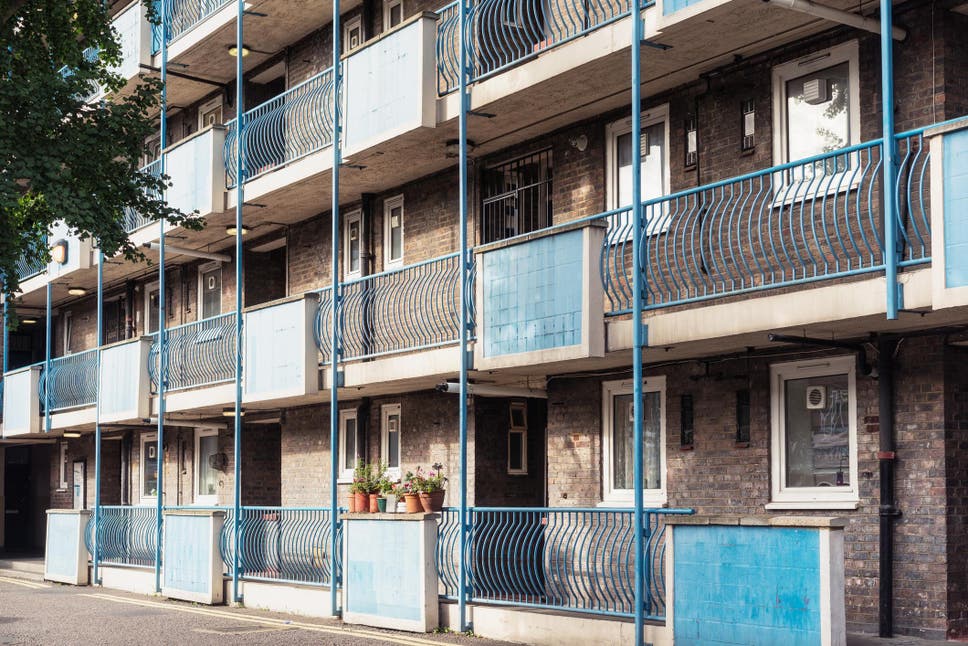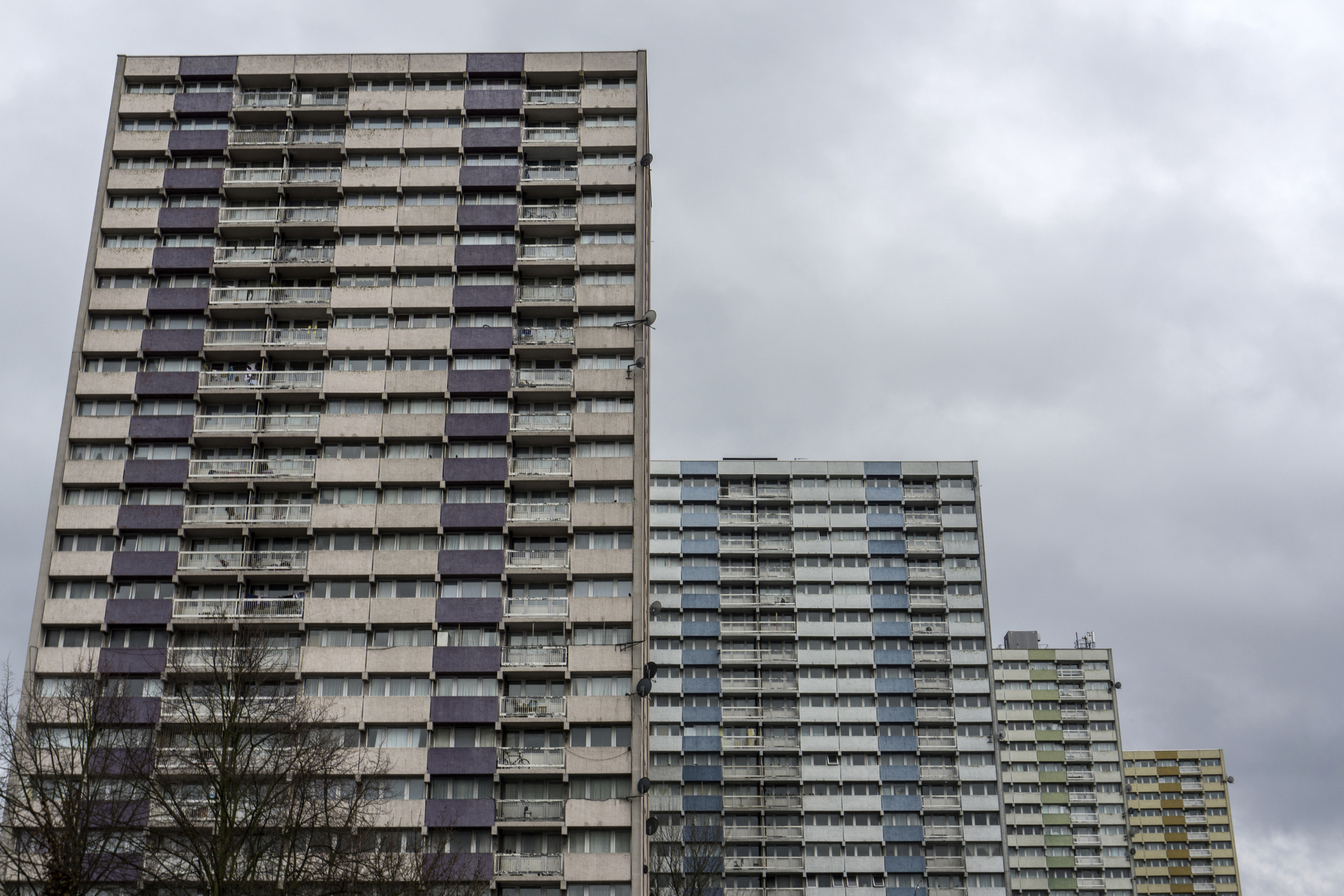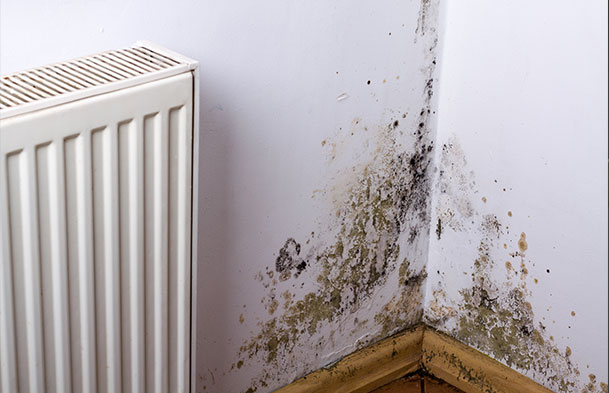Living conditions - The pandemic highlights the generational divide.
The Resolution Foundation found that those who are living in the worst conditions are actually the 16-24-year-old bracket. As the lockdown enforced little to no movement amongst the general populous, it was those who fell into the younger age brackets which were said to have put up with the worst living conditions.
The research found that those in the youngest bracket were three times more likely to live in damp conditions and one-and-a-half times more likely to have no garden. As the local lockdowns continue to be enforced across Britain, it is becoming more evident that the housing conditions, in general, are far from satisfactory.
Findings
The study also found that those in the younger bracket had on average 26metres of space in which to live in comparison with the over 65's bracket, which had 50 metres on average.
When also digging deeper into the study, which was funded by the Nuffield Foundation. It highlights that ethnicity and income were commonly linked with poor living conditions. With 20% of children from a low-income home having spent time in an overcrowded space during the lockdown. Whereas, this figure is only 3% in the higher-income homes. 10% of those low-income home children were also found to be living in a state of housing disrepair. This was primarily due to damp conditions. 6% having no access to the internet.

Nearly 40% of under-16s from black, Asian or ethnic-minority background households are growing up with no outside space. Whereas, this figure is only 17% in white homes.
The most shocking fact is that despite the improvement in housing standards across the past decades. Overcrowding has increased across all age groups. With young adults and children being by far the most likely to live in a crowded home.
Needing help with your living conditions?
If you feel your house is in a state of disrepair, contact us today. Whether you rent from a private landlord, housing association or council. We will be able to help you with your housing disrepair claims.


